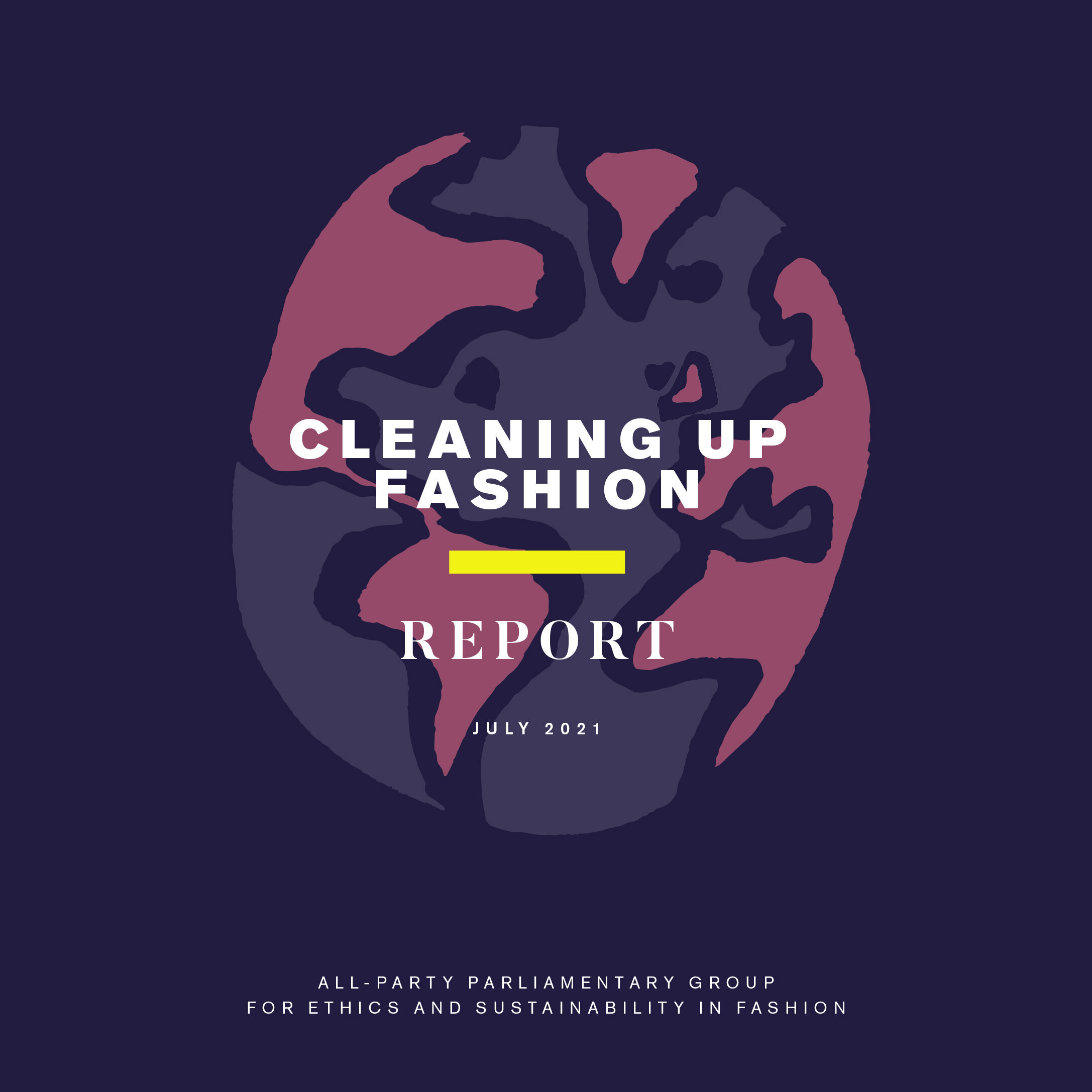"Code red for humanity": Cleaning Up Fashion, one of the most potent polluters on the plane
Yesterday's publication of a landmark UN report arguing that global warming could make parts of the world uninhabitable, has rightly thrust the climate crisis into the spotlight. World leaders, including Boris Johnson, have called the report a "wake-up call to the world", as the findings showed that human activity is ‘unequivocally’ responsible for raising global temperatures by around 1.1 degrees since the late 19th century.
The revelations are “code red for humanity” warned Antonio Guterres, secretary-general of the United Nations, and now, they must sound “a death knell for coal and fossil fuels before they destroy our planet.”
This alarming report comes as Swedish climate activist Greta Thunberg tells Vogue Scandinavia that fashion brands need to take accountability for the devastating environmental impact of their products. As the magazine's inaugural cover star, Thunberg condemned the fashion industry over its "huge" contribution to climate change. In the accompanying interview, she said that she last bought a new item of clothing three years ago and, even then, it was second-hand: "I just borrow things from people I know”.
On Twitter, she also accused some companies of "greenwash" ad campaigns designed to make their clothes appear sustainable. "The fashion industry is a huge contributor to the climate-and ecological emergency, not to mention its impact on the countless workers and communities who are being exploited around the world in order for some to enjoy fast fashion that many treat as disposables."
Commissioned by Fashion Roundtable and All-Party Parliamentary Group for Ethics and Sustainability in Fashion, our “Cleaning Up Fashion” report urges the Government to amplify sustainability in action, recognising and supporting the work of pioneers and putting an end to exploitation and environmental harm.
It aims to outline current issues, both environmental and ethical, facing the global supply chain on a national and international scale — from UK based micro brands (MSEs) and larger internationally renowned brands.
The report offers clear, evidence-based recommendations that deal with the causes and symptoms of a sector with enormous market responsibility. This includes collective action for net-zero Emissions; an expedition of the Modern Slavery Act legislative changes; support for UK manufacturing and skills development; and tax Incentivising and funding to support onshoring of fashion manufacturing.
Co-chaired by Catherine West MP and Baroness Lola Young of Hornsey, the ESF APPG hosted a number of parliamentary evidence sessions exploring the issues, as well as conducting a survey with over 110 respondents ranging from business leaders to consumers - including Labour Behind the Label, Anti-Slavery International, Traidcraft, Centre for Social Justice, ASOS, TRAID, HURR Collective, Birdsong, Fashion Enter, Compare Ethics, Make It British, Protection Approaches, Uyghur Human Rights Project, and more.
The Report Launch — Chaired by Catherine West MP and Baroness Lola Young of Hornsey, the APPG for Ethics & Sustainability in Fashion and Fashion Roundtable launch their 'Cleaning Up Fashion' policy paper.


